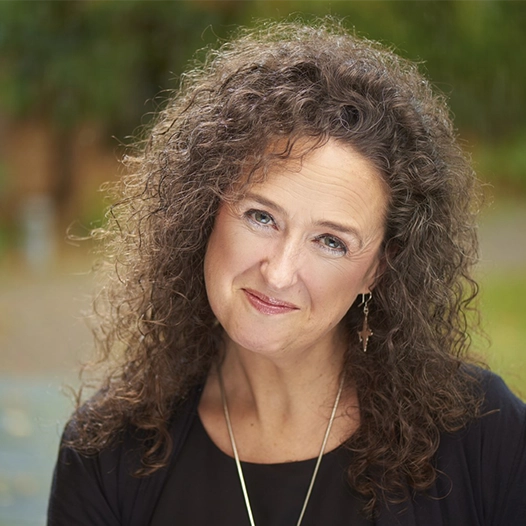
Lisa Adams-Davey
Emotional Intelligence And Psychological Safety
Wellbeing
Invest in learning and strategic advice to create your culture of care
The International Institute of Leadership and Safety Culture (IILSC) has a clear mission: To empower leaders to embrace an ever-changing world, create a sustainable culture of care and drive organisational performance.
Owned by the executive education club CEDEP, the Institute is a global hub for leaders to meet, talk, learn, and create safety excellence. Through executive education, consulting, prestigious events, and digital learning, IILSC is creating a worldwide network of leaders from the C-suite, the OSH profession, and beyond that will turbo-charge advances in safety and health at work.
CEDEP empowers leaders to shape organisations for a more sustainable and positive future with transformational leadership development programs and learning experiences, co-designed with its academic team, members, clients, and non-resident faculty from the world’s top business schools.
CEDEP is co-run by its international members from diverse and non-competing industries who understand the value of building long-term relationships and tackling real-life business challenges within a collaborative learning community.
Learn how to engage and empower your people at all levels to share responsibility for shaping a culture of care.
CEDEP is an independent not-for-profit executive education club providing a unique and safe space for global leaders to reflect, explore, collaborate, peer-learn, grow, and succeed.
ILSC is owned and operated by CEDEP. For more information on CEDEP, visit the website www.cedep.fr.
High-impact leadership is the spearhead for creating a sustainable safety culture at work.
This is leadership that influences other leaders, builds high-performing teams, and nurtures work cultures in which everyone shares responsibility and accountability. It is visible leadership that breeds confidence, creating conditions for innovation and delivering results. Ultimately, high-impact leadership shapes safer, more resilient work environments that have a positive effect on every aspect of people’s lives.
To achieve this, we must build leadership confidence, competence, and comfort around creating safety by setting the context in which this culture can flourish.
To set the right context, whether you’re a C-suite or a director of safety and health, you must see the risks with clarity and understand the options for managing them. We believe this can only be achieved through collaboration and collective thinking. This is about bringing together leaders and managers from across sectors and from around the world to share knowledge, find synergies, forge alliances, and drive change.
Safety requires a destination for brilliant, diverse minds to meet, talk and create better strategies. Such a place will become an incubator for ideas and innovation to advance safety worldwide. This is IILSC.
Led by Chief Executive Officer Dr. Andrew Sharman, the Institute is proud to present an impressive, world-class faculty and group of experts who are together redefining safety excellence for organisations around the world.
These are some of the greatest minds in leadership, safety, and culture who are uniquely qualified to help you lead and create a culture of care in your organisation.

Emotional Intelligence And Psychological Safety
Wellbeing
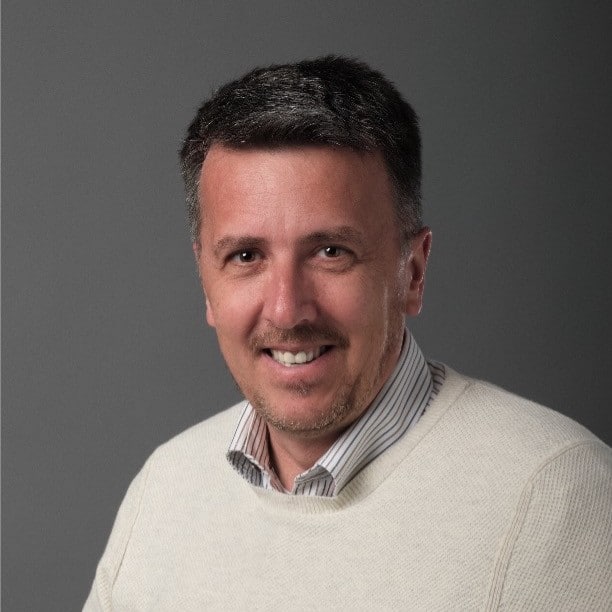
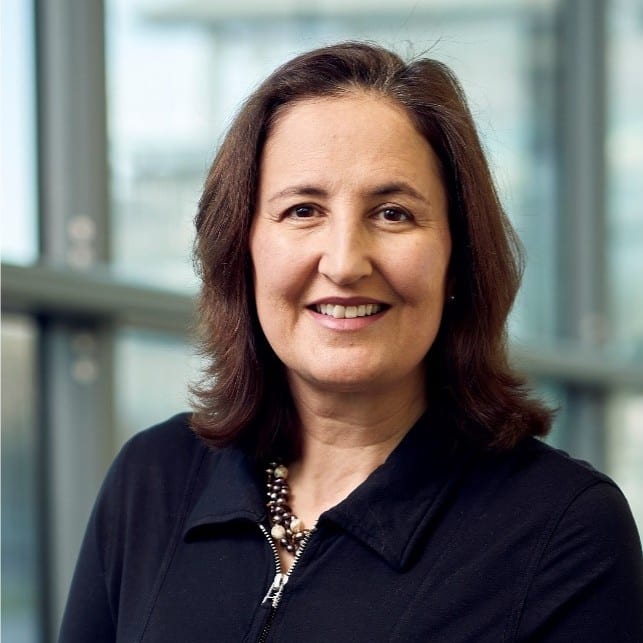
Human Performance
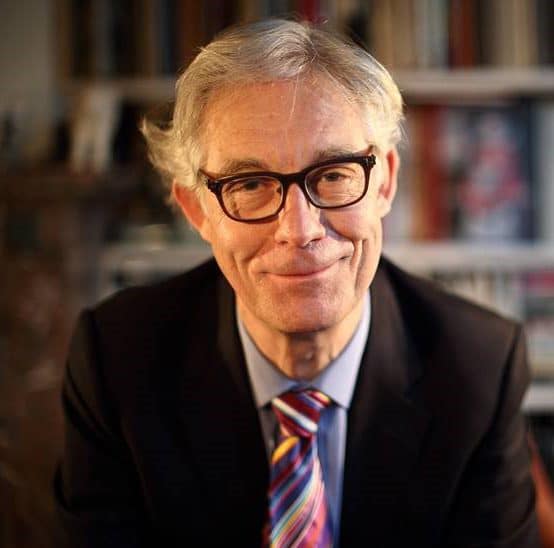
Brain Science And Stress Management
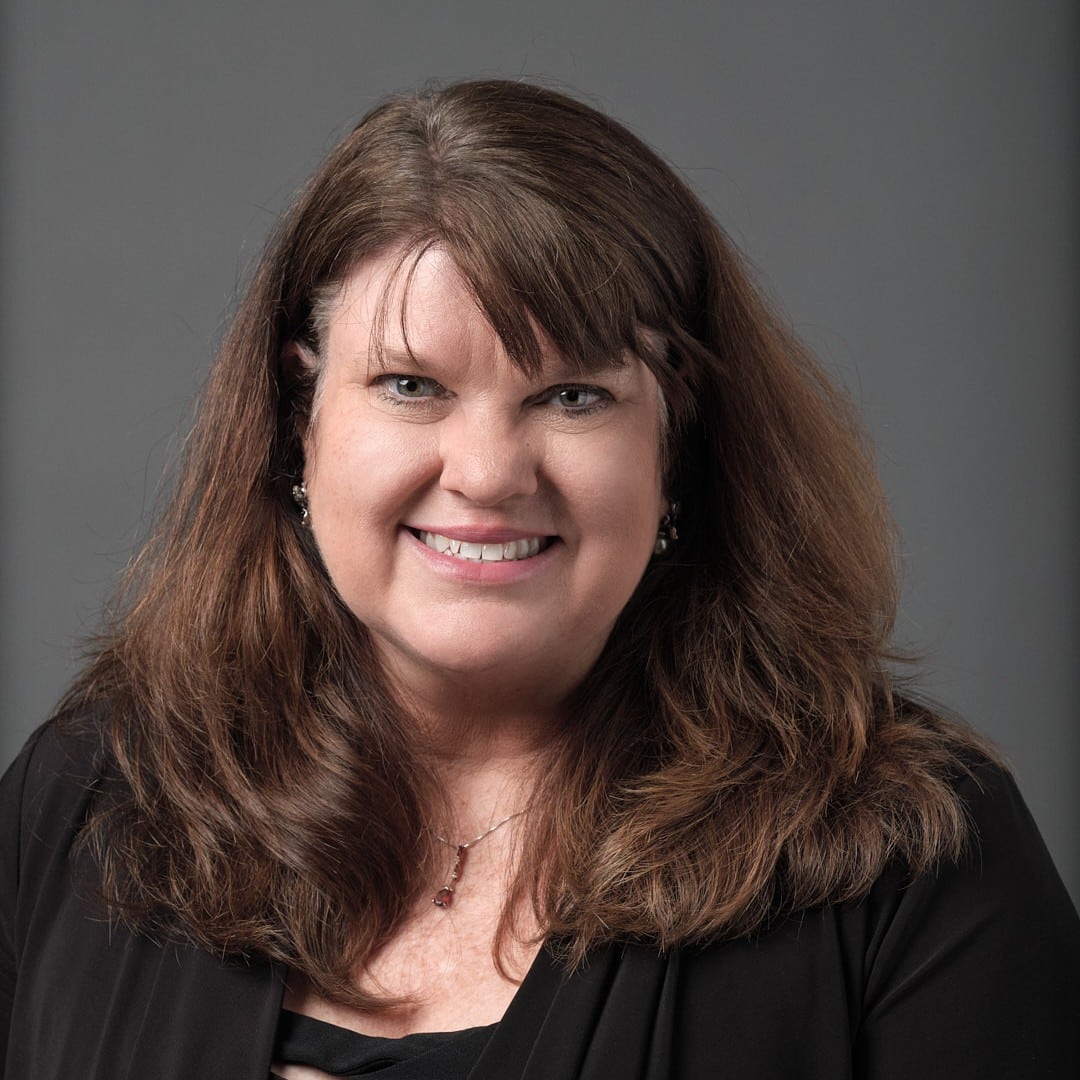
Emotional Intelligence And Psychological Safety

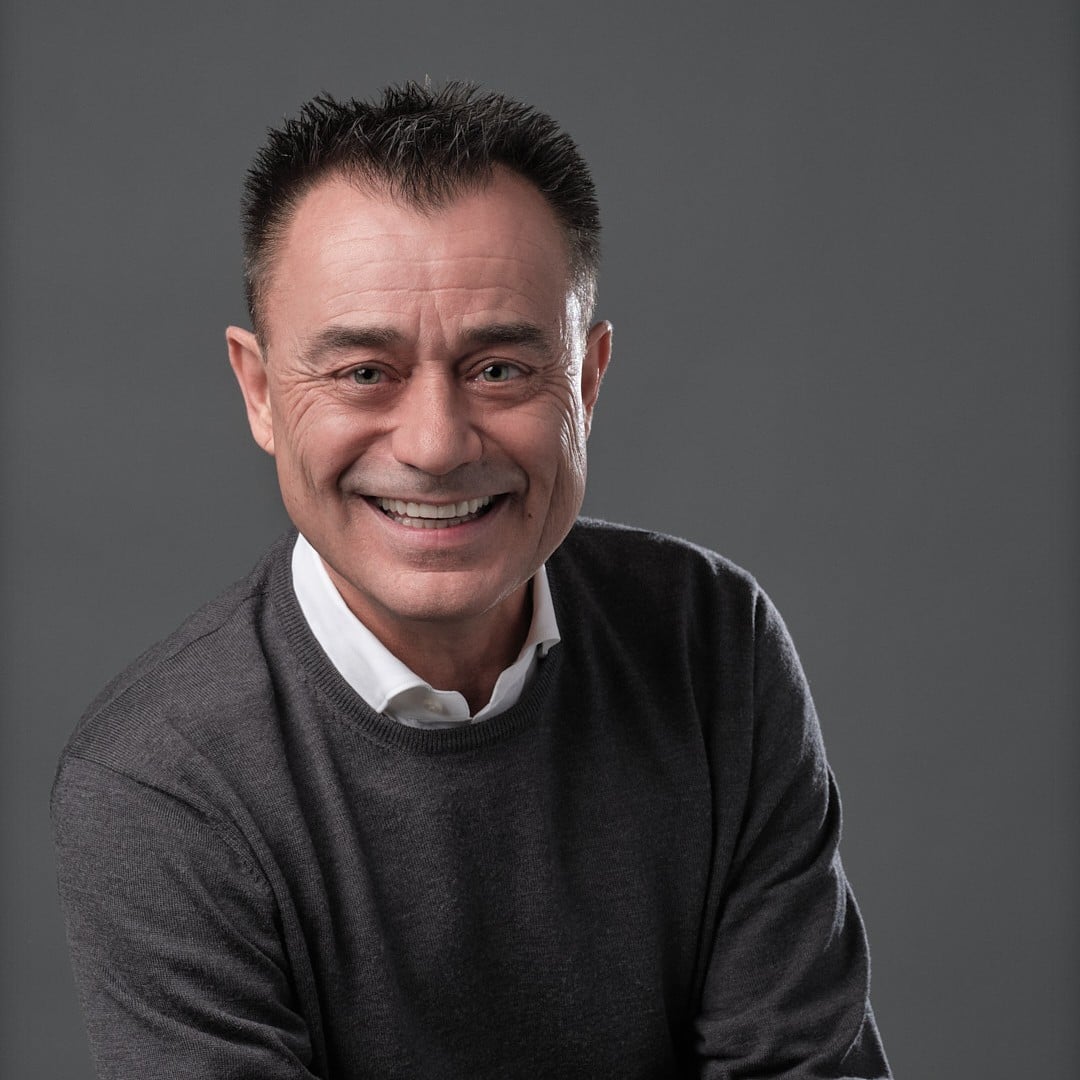
Resilience And Mental Fitness

Maximising Personnal Impact

Cultural Diversity And Intercultural Leadership
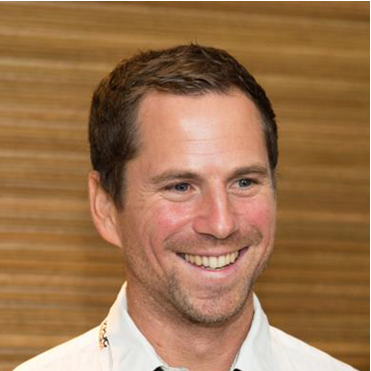
Human Performance and Transformational Leadership
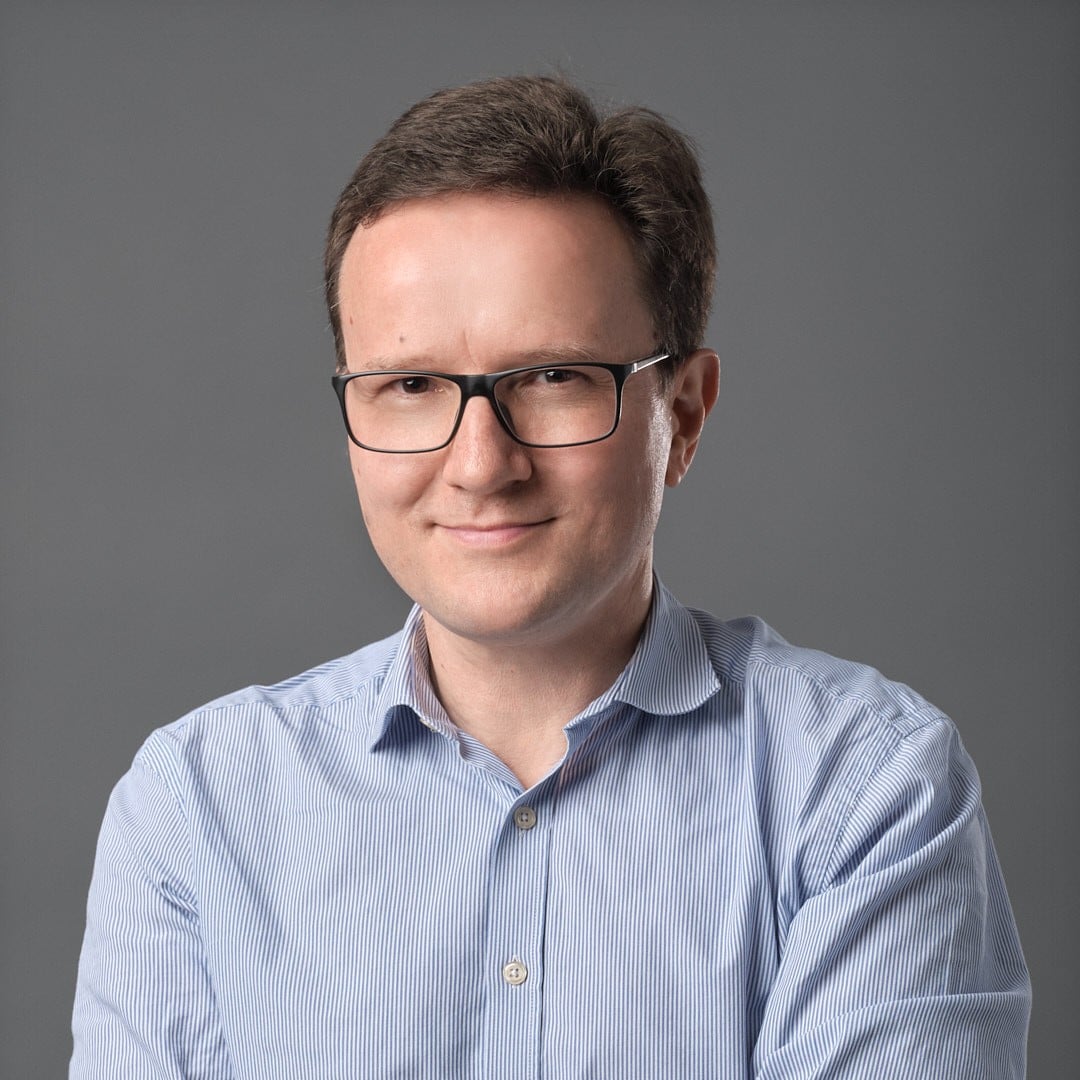
Organisation And Management
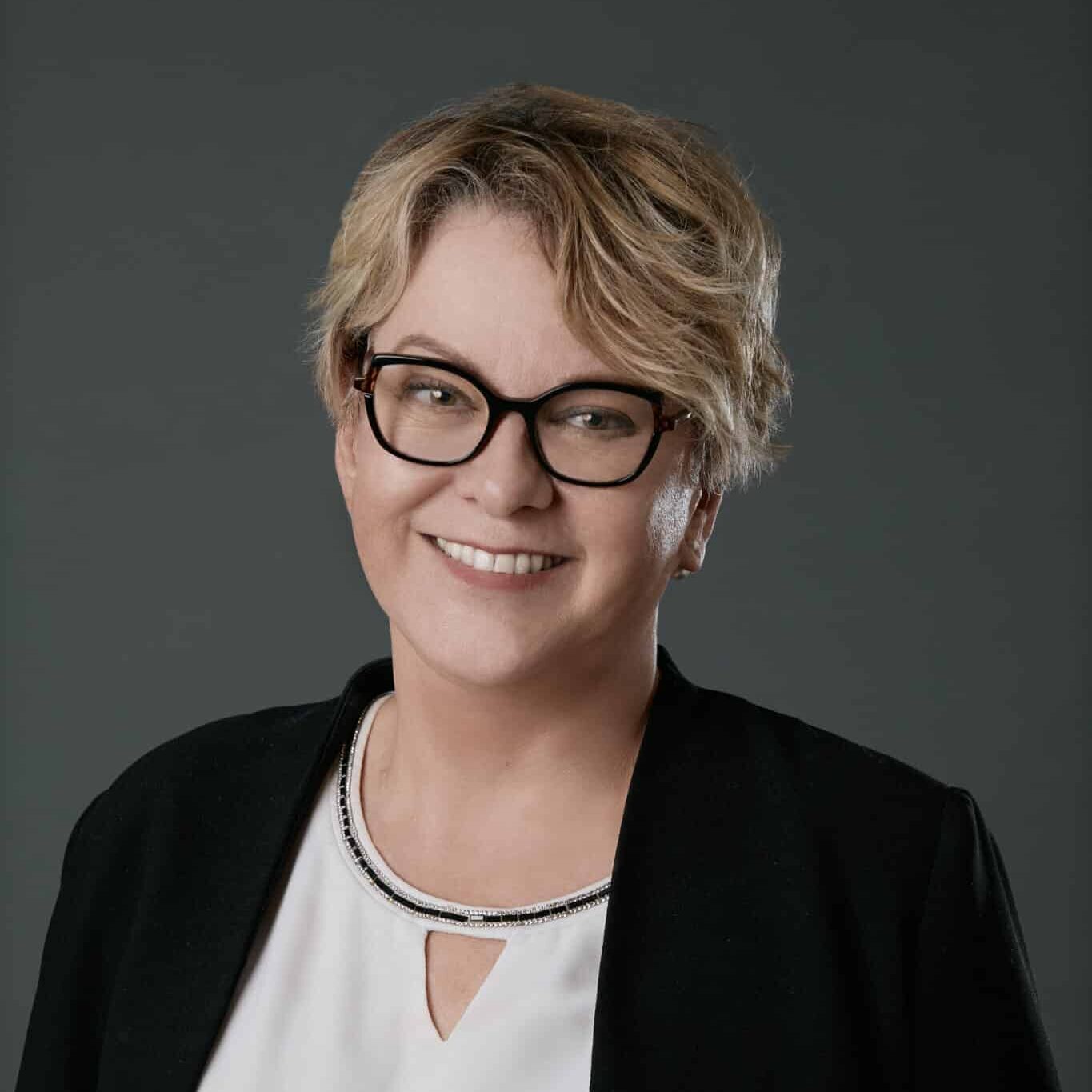
Cultural And Intercultural Diversity
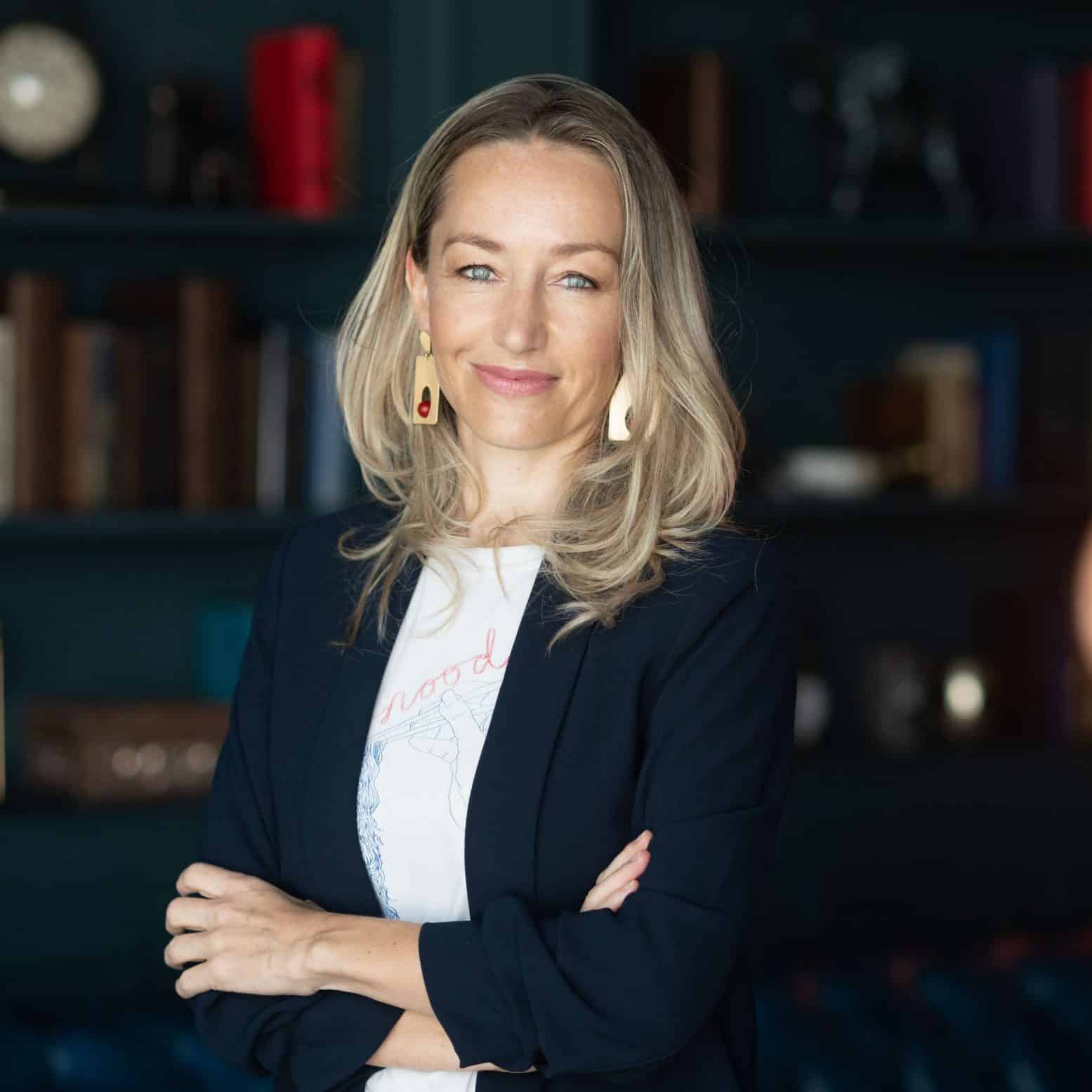

Leadership and Collaboration
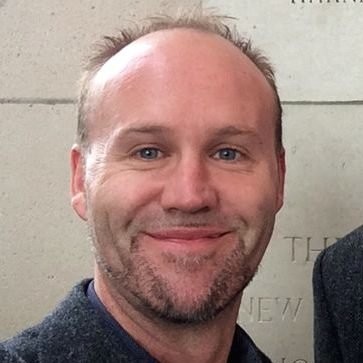
Workshop Culture & Employee Experience
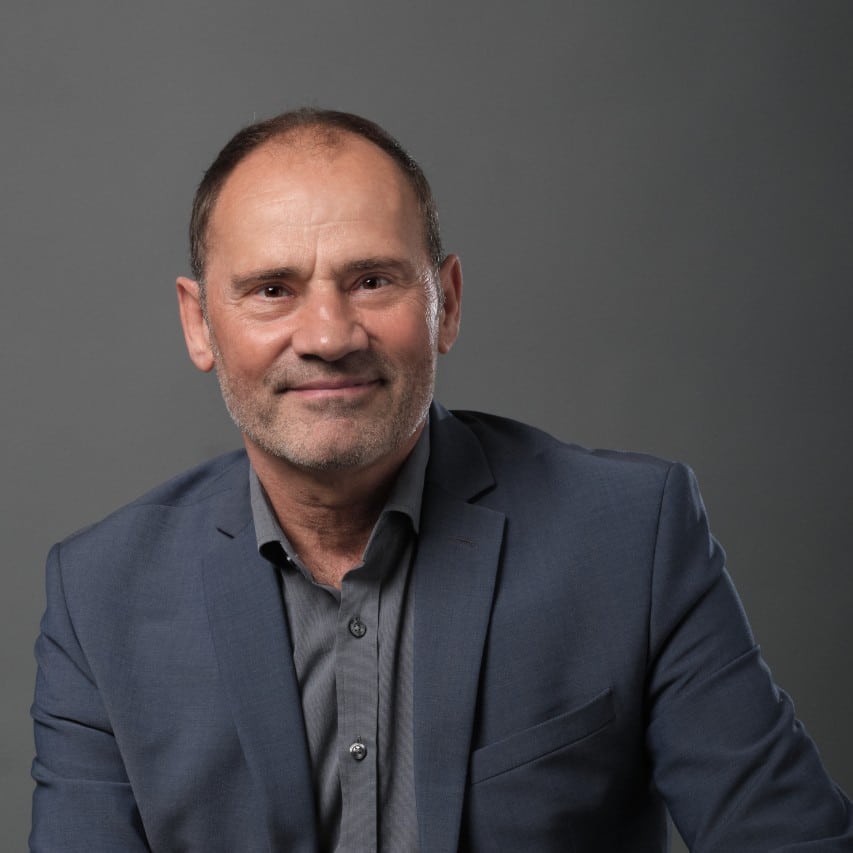
Decision Making And Innovation
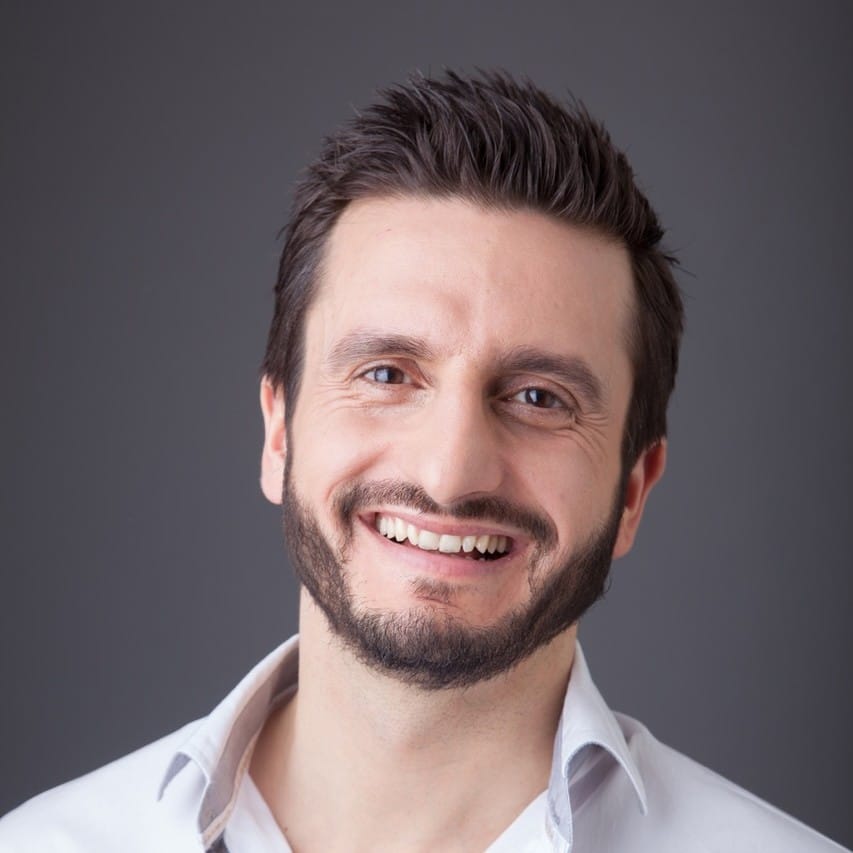
Executive Wellness And Longevity
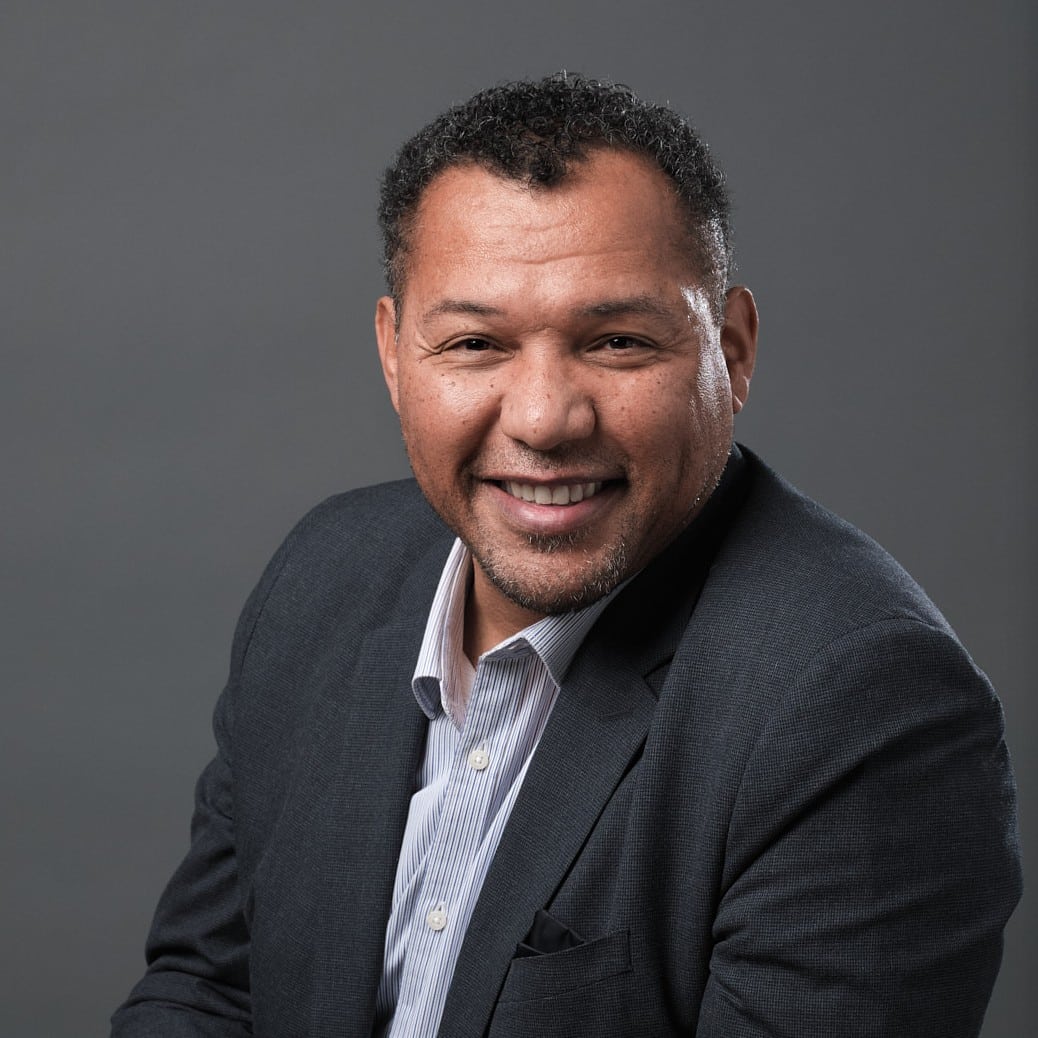
Leadership Teams And Organisational Development

Leadership - Inclusion - Culture - Talent Development

Leadership And Safety
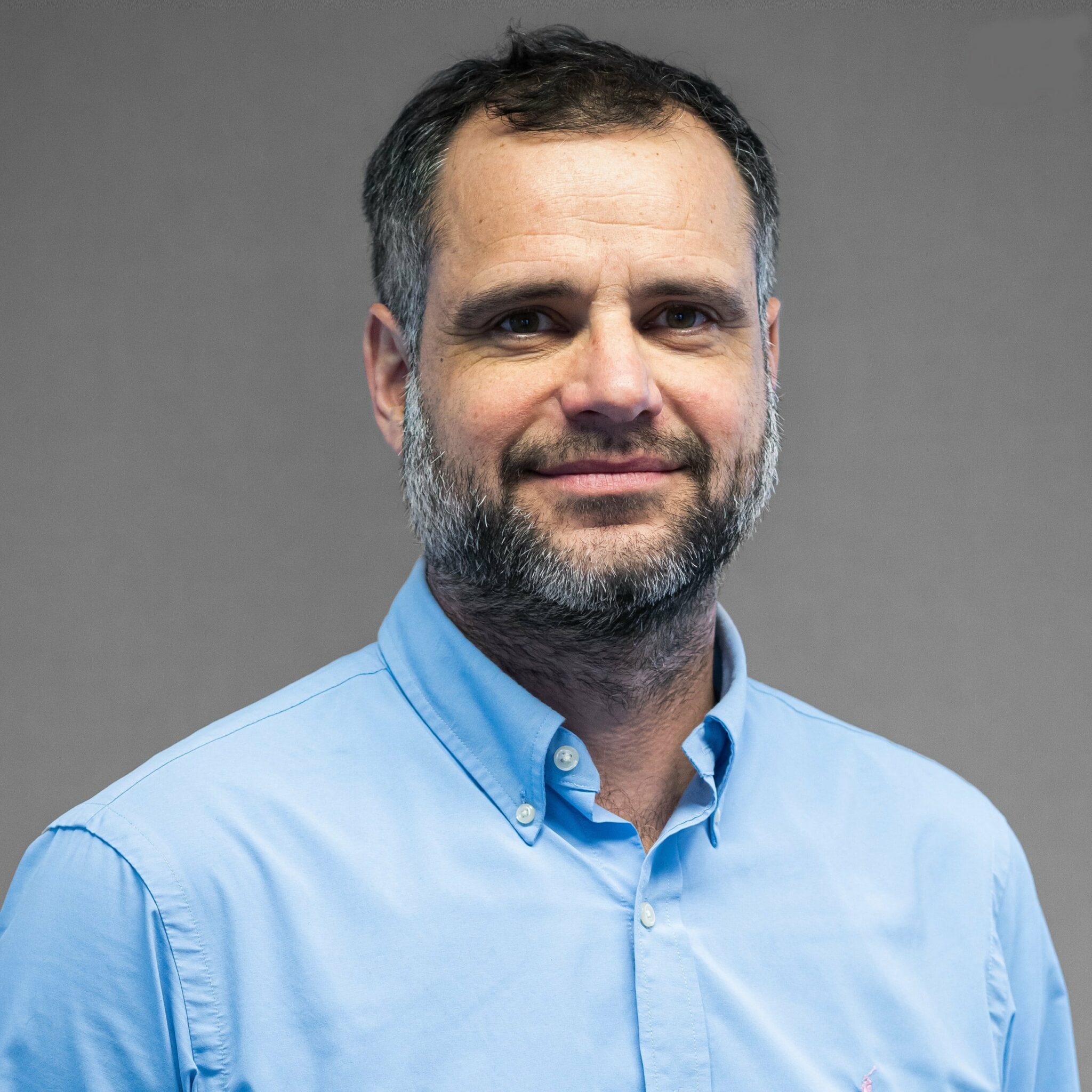
Engineering And Innovation

Leadership
Safety Culture & Management
Wellbeing
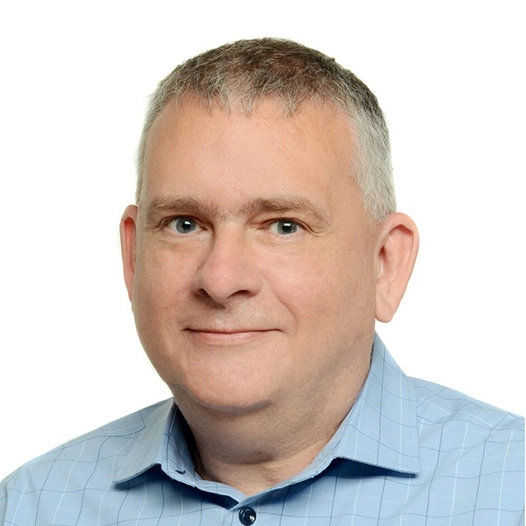
Safety Culture and Management
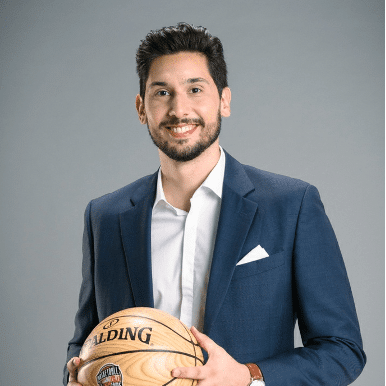
Sport Inspiration for Corporate Transformation

Leadership And Performance
IILSC is led by a highly experienced senior management team who are passionate about achieving the Institute’s mission.
We work closely with our faculty and experts to shape world-class services and programs that drive organisational performance through safety excellence.
Advisory Board members will steer the Institute’s strategic direction, as it looks to design and deliver world class programs, events and services that advance safety culture and leadership in organisations worldwide.
CEDEP is a Qualiopi-certified French training organisation offering the possibility of financial support for French companies.
On the business side, the financing calls upon an OPCO (Opérateur de Compétences).
These organisations can collect the Contribution unique à la formation professionnelle et à l’alternance (which replaces the Contribution à la formation professionnelle and the Taxe d’apprentissage) from companies and redistribute it for the training of employees. The funding granted depends on the size of the company.
Requests for funding agreements from the OPCOs must be made before any training.
Customised programs may result in certified competence based on their content and objectives. For more information, please consult Muriel Pailleux.
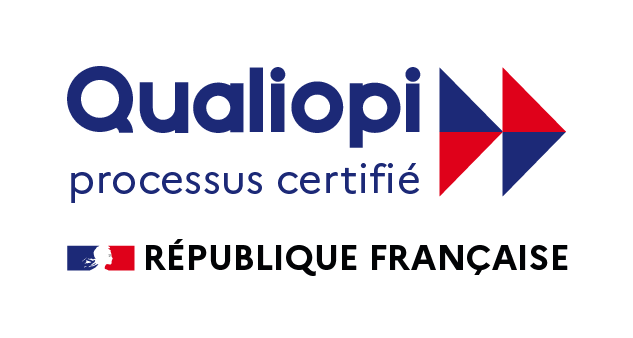
Get the latest agenda updates, ticket discounts and more – sign up for IILSC and EHS Congress Newsletter